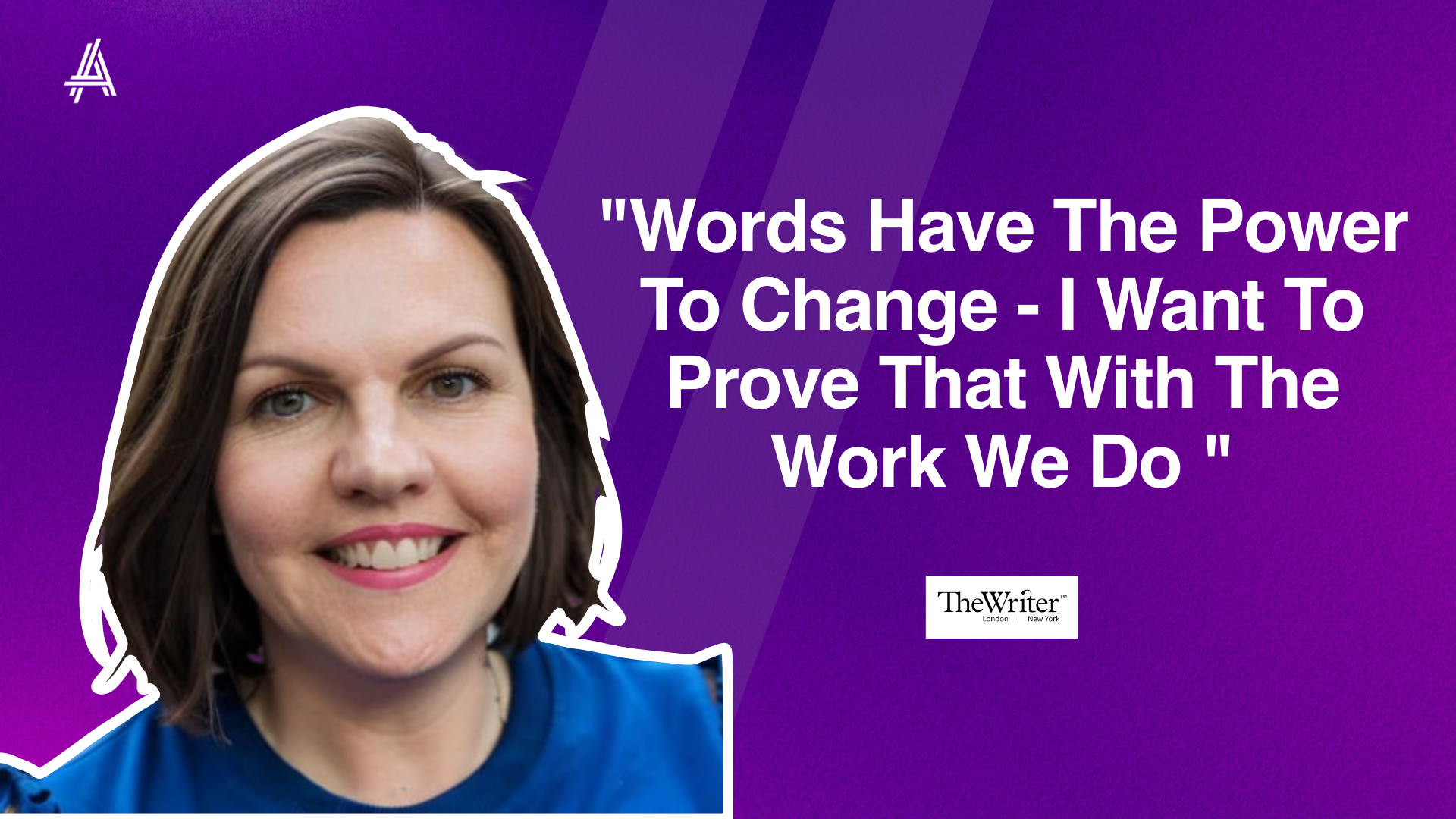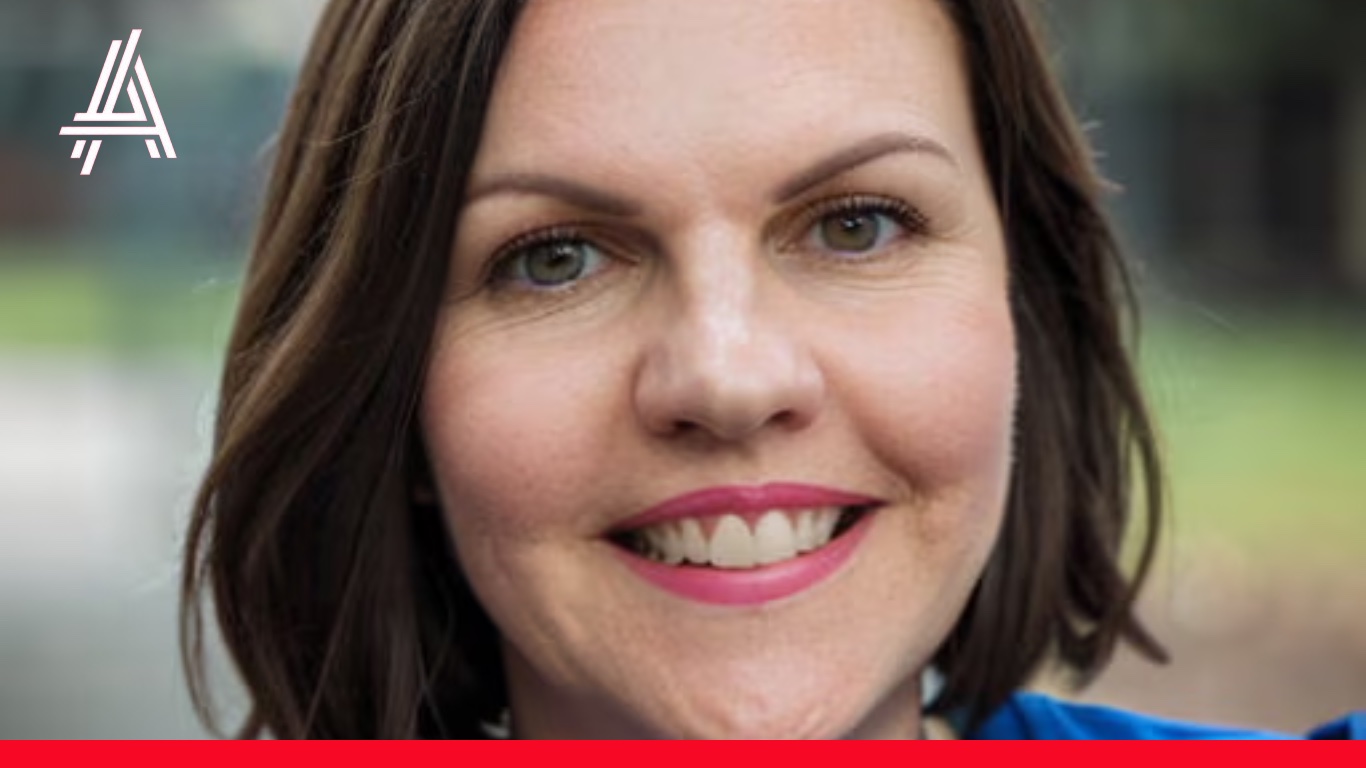Selling your agency
I only became interested in how to sell a business once I’d built a business. Plenty of incredibly
talented, creative owners know how to build their small or medium empire. But that doesn’t mean they
have the insight or knowledge to exit effectively. For a lot of us that ‘exit’ is selling our company and
getting back some of the value we’ve created.
That was the case for me. I had built an international video production company that I was incredibly
proud of – but I knew it was time to cash-out. I had other ambitions, personally and professionally and
the time was right. But I wasn’t sure where to start.
Slick sales staff at an investment bank’s “Selling Your Business” workshop dangled examples of
staggering ‘bumps’ in sale prices they could achieve if I paid their fees. But the reality is much
different. It’s hard to sell a business. So hard, in fact, at least 80% of Small and Medium Businesses
listed, never actually sell.
But the good news is there are ways to improve your chances. And that’s why I created The Exit Plan
podcast – to shine a light on people who had been there and done that. Below is a snapshot of the
best advice I’ve picked up along the way.
TYPES OF EXIT
Let’s start with the basics. The two most common owner-exits from a business are through a
‘management buy-out’ – where a core group of employees buy your shares – and a ‘trade sale’, where
a larger agency group or competitor buys the shares so they can absorb your company into theirs.
Both have pros and cons, and varying deal structures in terms of cash up front, deferred payments
and/or earn out agreements.
There are alternatives. Setting up an Employee Ownership Trust (EOT); listing on a junior stock
exchange such as AIM in London or Nasdaq First North in Sweden; being bought by a publicly traded
company or selling to private equity have all become more common – but these routes tend to be
confined to the mid and higher end of the market.
WHY YOU NEED TO THINK ABOUT THE BUYER
From early in the process – perhaps years before you are ready to sell – you need to think about who
your buyer could be and what it is they will want to see. Your acquirer might be a competitor that
wants to grow its market share through access to clients or territories they don’t have. Perhaps they
might be interested in the team you’ve built. Or maybe they may want to add a service they’re lacking
to their offering. Smart sellers identify early what USPs their business has that would be appealing to
new owners – and what value it may hold for them.
Whatever the buyer’s motivation, it’s certain they will want to see your house in order. Quality financial
reporting, savviness around key metrics and margins across the business are musts for business
buyers. They will also want to see consistent HR records, employee and freelancer contracts and
general organisation around systems and processes that can be replicated without you.
If you want to reduce the period of earn-out that you’ll be tied into, ensure you have a strong
management team, can provide evidence of good corporate governance which includes having a
clean ownership structure, regular and consistent financial reporting and clear roles and
responsibilities.
Businesses are only worth what someone is willing to pay for them
Barnaby Cook
VALUATION
Ok, so this is a big one. Anyone selling anything is prone to overestimating the value. We have a
tendency to focus on the work we’ve put in over the years – the missed weddings and birthdays. The
anti-social hours. But the harsh reality is any serious buyer may be sympathetic – but it won’t factor
into their valuation. To them this is simply the price of being an entrepreneur. What matters to buyers
are the clients, the team, IP and the reputation – the building blocks they can use to generate profits in
the future. At the lower end of the M&A market, however, businesses are simply worth what someone
is willing to pay for them.
It pays to get to grips with realistic valuations early in the process. We’ve all punched ‘business
valuation’ into Google. The common formula is five to eight times EBITDA (Earnings Before Interest,
Tax, Depreciation and Amortisation – different to net profit and in reality a more reliable indicator of the
true performance of the business).
But consult different outlets so you can develop a ‘range’ or ‘aggregate’ value and understand what
ballpark you belong in. Get sums done by accountants, business brokers or by using an online
valuation tool. Like anything, the more you do it, the more you’ll get the hang of it and the clearer the
picture becomes. You’ll spot themes and repeated concepts that will give you confidence when it
actually comes to preparing your business for sale.
And remember, just because the valuation works on paper does not mean that is what you’ll get for it.
It bears repeating. Businesses are only worth what someone is willing to pay for them.
DOES THE £1M THRESHOLD MATTER?
There’s a lot of talk in the M&A industry about the magic ‘ £1 million threshold’. So let’s focus on it
briefly here. It is true, many acquirers become interested from £1 million EBITDA. But even hitting that
threshold is not enough to guarantee a sale. Many of the larger buyers out there have significantly
higher requirements to justify the time and cost of undertaking M&A.
Equally, it doesn’t mean you can’t sell if your EBITDA is below £1 million – but you may find that you
require a strong niche or desirable IP, or both. Depending on your position, you may have to accept
the pool of buyers will be more limited. It brings us back to knowing your buyer – or would-be buyers –
early in the process.

KNOW YOUR GOALS
You can’t get what you want from any negotiations without a clear understanding of what that is. Ask
yourself, what are your goals for your personal life? For your employees? For the business?
Perhaps it is simply money. Perhaps it is retaining involvement in the business. Some business
owners are motivated by the professional development that selling to a larger business can offer.
Sometimes their business hasn’t seen much growth over a period of several years, and they want to
see their business reach its potential, for them and for their employees.
Whatever the reasons for selling, approach any deal with pragmatism. Try not to get hung up on
mapping out the perfect outcome. Be focussed on maximising your position and spotting
opportunities. No-one wants to kick themselves for turning down the best offer they received.
SO, WHAT DO YOU NEED TO DO?
- Prepare early, set goals
I’ve said it before and I’ll say it again: Plan. In. Advance. Knowing what your buyer looks like, what
your business can offer them, how much it could be worth to them – proving the routes to success are
repeatable for them, and the management team and revenue streams are reliable, is key. - Get advice
I can’t emphasise this enough. Seek the counsel of experts as early as possible. Engage with M&A
advisors. Working with someone who’s been there and done that is the only way to really know you’re
heading in the right direction. If you’re not sure where to start – ask me. - Get your house in order
Do the nerdy work. The numbers need to add up. Work with a good accountant, get monthly
management accounts, have access to insightful financial advice. Ensure you’re up to date with your
liabilities (particularly HMRC) and have proper employment contracts in place for you and your team.
Ensure there are no outstanding Director’s Loan Accounts and records are up to date with Companies
House. - Target buyers strategically
Know who might buy and who can buy. Then put yourself in front of them. Make yourself visible to the
industry. Meet competitors, milk your existing contacts and network, or jump into some trade
associations. Identify the big players in your industry and get to know them. - Know the playbook
Find out how successful buy-outs unfolded and how disasters came about by listening to The Exit
Plan podcast (Ok, this is an outrageous plug, but it’s why the podcast exists).
Barnaby Cook is the host of The Exit Plan – a podcast for entrepreneurs who want to sell their business. Every episode we interview someone who has bought or sold a creative agency or production company. We delve into why sellers wanted to sell – and why buyers wanted to buy. We reveal how deals were structured, valuations were agreed and what lessons will never be forgotten.

Join 3,000+ agencies
Get the Agency Hackers Newsletter, and read candid stories from other agency leaders.
Upcoming events

Join 3,000+ agencies
Get the Agency Hackers Newsletter, and read candid stories from other agency leaders.








